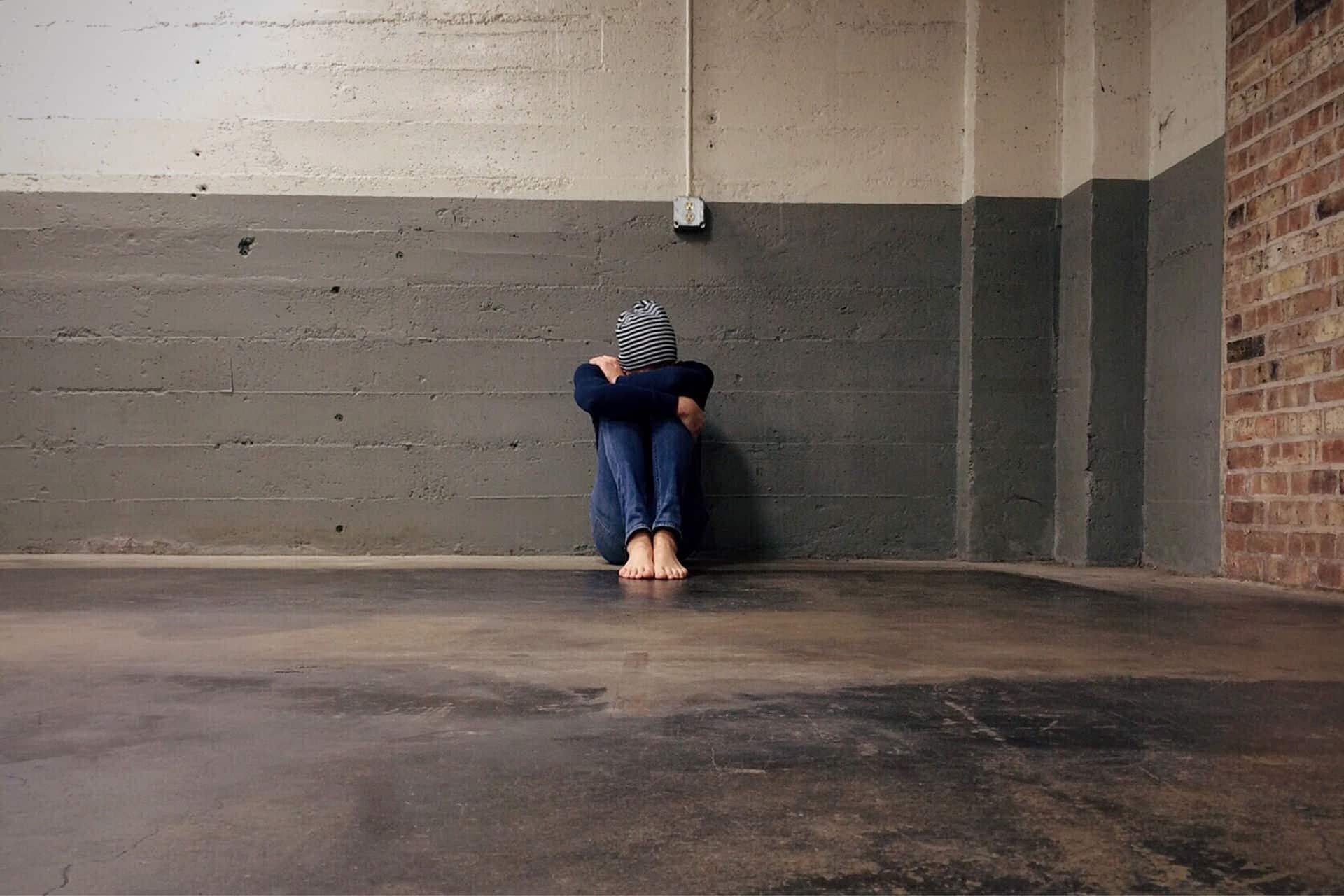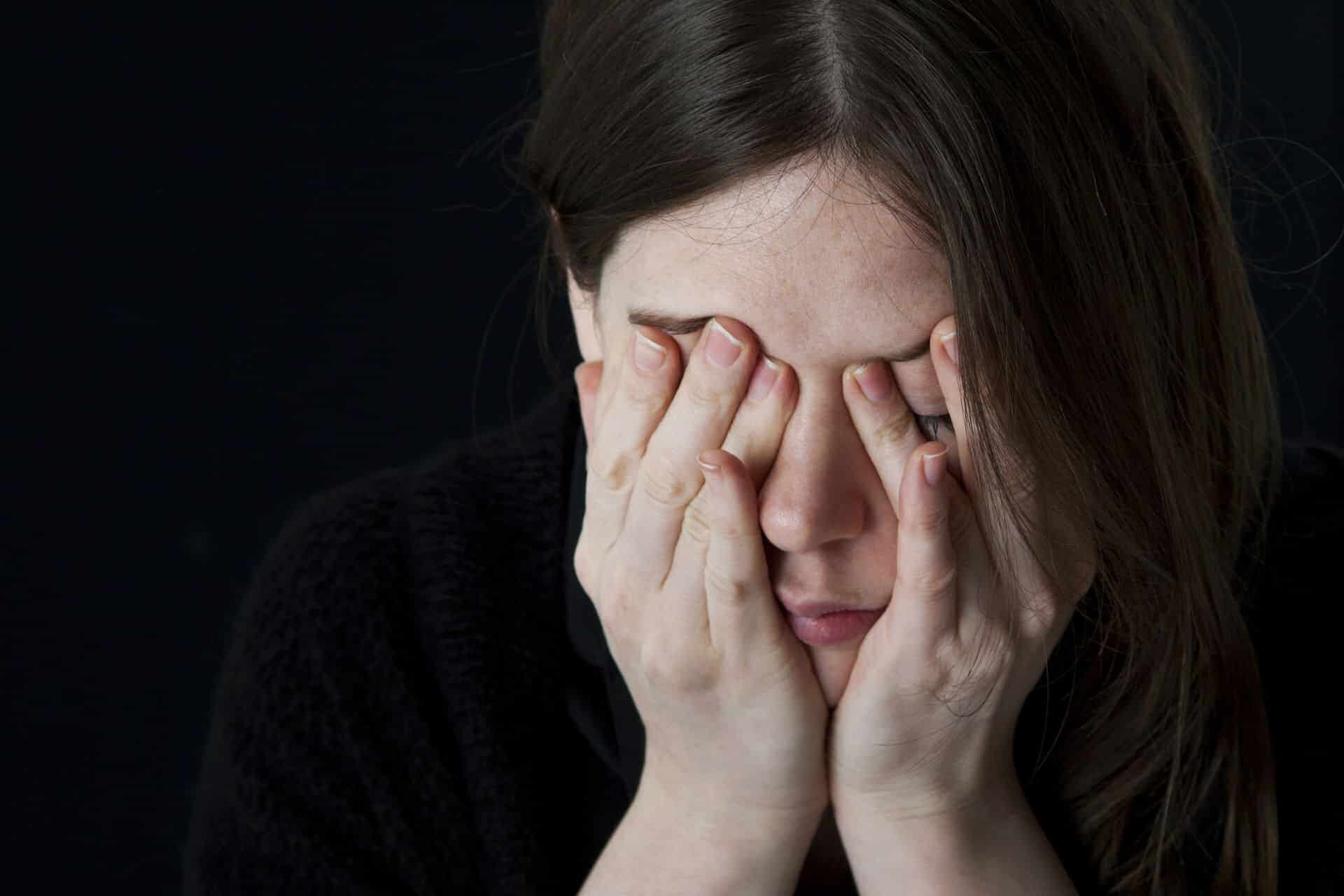Contact Orlando Treatment Solutions
For any other questions please call us or fill out the contact us form. We're here to help you at Orlando Treatment Solutions.
Contact Us Call Now (321) 415-3213Popular Post
ADHD is a condition that is usually linked to hyperactive children, especially boys. Unfortunately, this rather narrow perspective does not capture that ADHD occurs in both children and adults of any gender. Women with ADHD are usually misdiagnosed or diagnosed later in life with other disorders because the symptoms are not typical, and cultural norms and biases play a role. In this article, we will discuss how ADHD manifests in women, the causes of misdiagnosis, and the need for treatment.
How ADHD Manifests Differently in Women
The symptoms of ADHD are not similar in men and women. While men may be more hyperactive and impulsive, women may be more inattentive and more likely to display internalizing behaviors that are not quite as easily spotted.
For women, ADHD may present itself as a constant lack of order, oversensitivity, or inability to concentrate. These symptoms make one perform poorly at their workplace or other places, and this results in feelings of frustration, guilt, and low self-esteem. Because females are often socialized to be professionally competent, they may attempt to minimize problems by doubling their efforts. Thus, people with ADHD may not exhibit their symptoms to others including doctors and other health care givers.
Besides this, hormonal fluctuations in puberty, pregnancy, and menopause can worsen ADHD symptoms and make them fluctuate. It can be difficult to diagnose these symptoms because they can vary, and this is especially true for women, who may be trying to figure out what is going on with their bodies.
Why ADHD in Women is Often Misdiagnosed
There are many reasons for the difference in ADHD diagnosis between genders, and it is first due to cultural norms and gender roles. Girls are expected to be passive and obedient while boys are supposed to be energetic, so when boys get hyperactive or impulsive they need to be checked. On the other hand, girls are expected to be polite and compliant, and thus, when they have problems with inattention or simply zone out in the classroom, nobody pays much attention to it or misunderstands the symptoms as something else.
Also, women with ADHD use coping strategies such as perfectionism, hyper-organization, or emotional inhibition as a way of adapting to challenges at the workplace. For example, a woman may become obsessed with cleaning and tidiness of her home or working environment to cover up her internal disorganization, or she may overlearn tasks to avoid errors. These coping mechanisms can also mask the symptoms of ADHD, and the healthcare provider may diagnose the patient with anxiety, depression, or mood disorder.
Getting ADHD Treatment at Orlando Treatment Solutions
If you are a woman with ADHD symptoms, but have been wrongly diagnosed or have not decided on your condition, then you are not alone. At Orlando Treatment Solutions, it is our expert opinion that women should receive specific ADHD treatment programs that are specific to their symptoms. The services we provide range from therapy, counseling, and support to assist you to lead a healthy and normal life. Contact Orlando Treatment Solutions today to book your first appointment and get the help you need.
The Impact of Misdiagnosis on Women’s Lives
If ADHD is not diagnosed or if it is wrongly diagnosed, the outcomes are severe. This is because many women suffer from undiagnosed ADHD for years and even decades not knowing why they have a problem doing tasks that other people do easily. This can cause a lot of problems in their life, both at work and at home.

In the workplace, female adults with ADHD may struggle with sitting still during meetings, following through on tasks and projects, and keeping track of paperwork – all of which may lead to their being passed over for promotions. In relationships, they may be seen as untrustworthy or forgetful and this will make them have fallouts with their spouses, friends, or siblings since they do not understand their actions. When these challenges accumulate, women with undiagnosed ADHD may feel incapable, guilty, and shameful.
The most worrisome is the impact misdiagnosis has on the emotional well-being of a woman. Comorbidities such as anxiety and depression are often diagnosed in women with ADHD because symptoms may be similar. But such conditions as anxiety or depression may be treated while the basic ADHD is left unaddressed and undertreated. In the long run, this can cause a vicious cycle of continuing conflicts and deterioration in the mental health of the person involved, as the main cause is not resolved.
Getting the Right Diagnosis: What to Look For
Knowing the particular symptoms of ADHD in women is critical to get the right diagnosis. Some of the symptoms include inattentiveness, forgetfulness, and disorganization but women with ADHD may also have problems with emotional dysregulation, sensitivity to criticism, and poor time management. In place of labeling these challenges as purely individual shortcomings or even as stress or anxiety, it is important not to overlook the possibility that such occurrences may well be a part of a more indicative pattern.
Getting a diagnosis can be quite complicated, especially if a woman has been going through the system for years and receiving misdiagnosis after misdiagnosis, or has begun to convince herself that there is something wrong with her. But self-advocacy is important indeed. Women who have the idea that they might have ADHD should look for a healthcare provider who can explain how this condition manifests in women. It is also necessary to discuss symptoms’ progression, their aggravation or alleviation during the menstrual cycle, or other significant life events.
Treatment Options for Women with ADHD
It means once the right diagnosis is made then the treatment is also possible in the best way. ADHD in women can be treated using drugs and other therapies, and changes in daily routine and lifestyle. One of the most used treatments for ADHD is Cognitive Behavioral Therapy (CBT) since it allows women to regulate time, plan, and control emotions.

It is also important to use mindfulness-based coping skills that can help women become more aware of their symptoms and develop a better handle on how to deal with the distractions and impulsiveness that are part of this illness. Also, women may get some help from support groups where they can talk with other people who know the problems that women have at work.
For most women, it is also important to treat other disorders like anxiety or depression when developing the treatment plan. Cognitive and medical treatments, therefore, can alleviate symptoms and enhance the quality of life to help women live normal lives.
ADHD in women is pretty much overlooked or misdiagnosed, but there is an increased understanding of how it presents in both genders. If properly diagnosed, then treated women should be able to handle their condition and live normal productive lives. If you or someone you know has any doubt that may be suffering from ADHD, do not hesitate to consult with a healthcare practitioner with experience in diagnosing women with ADHD.
Contact Us
CALL US NOW
Orlando Treatment Solutions will iron out the details for you in a manner that will make you confident in your path to sobriety. That first simple call is your ticket to making Orlando Treatment Solutions your solution for addiction. Get the freedom from addiction that you deserve today.
Call us now on (321) 415-3213Updated News
LATEST POSTS
Orlando Treatment Solutions makes numerous media outlets available to encourage you in your recovery process. Digital media literature is approved by a licensed professional and intended to guide you in your recovery path.

Years of experience
Our leadership team has extensive experience in dual-diagnosis treatment and is ready to help those who are struggling with substance use and mental health.

Specialists
Our staff consists of many licensed addiction and mental health treatment facilitators and other staff who are ready to share their experience and their success.

Happy patients
Orlando Treatment Solutions has helped over 2,000 people who have struggled with substance use (alcohol and drug addiction) and mental health find freedom.
Contact Us
GET IN TOUCH
Reaching out to Orlando Treatment Solutions may be the most important call of your recovery process. A caring professional is waiting for your call to be your guide to addiction-free living.
Need Help? Contact Us
Areas and Cities We Serve SUD & Mental Health Treatments in Florida
Oviedo Deland Palm Coast Jacksonville Port St. Lucie Tampa Altamonte Springs Kissimmee St Cloud Winter Garden Winter Park Clermont Melbourne Sanford Deltona Lake Mary Mount Dora Leesburg The Villages Union Park St. Augustine Dupont Port Orange Ormond Beach Holly Hill Daytona Beach Edgewater Oak Hill Maytown Eldora Geneva Titusville Christmas Port St. John Port Canaveral Cocoa Beach Osteen Satellite Beach Palm Bay Roseland Sebastian Fellsmere Gifford Rockledge
 info@shc.health
info@shc.health 




